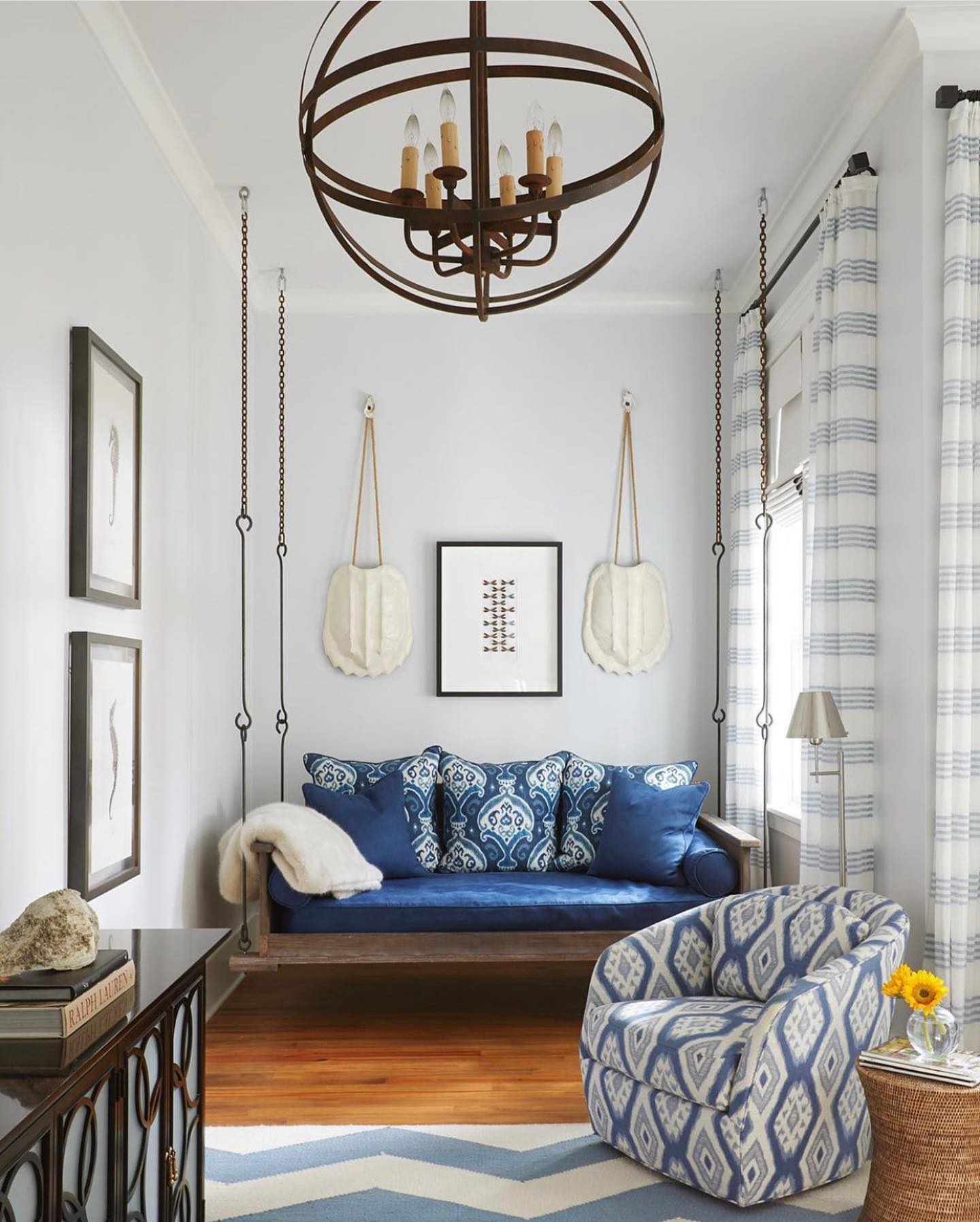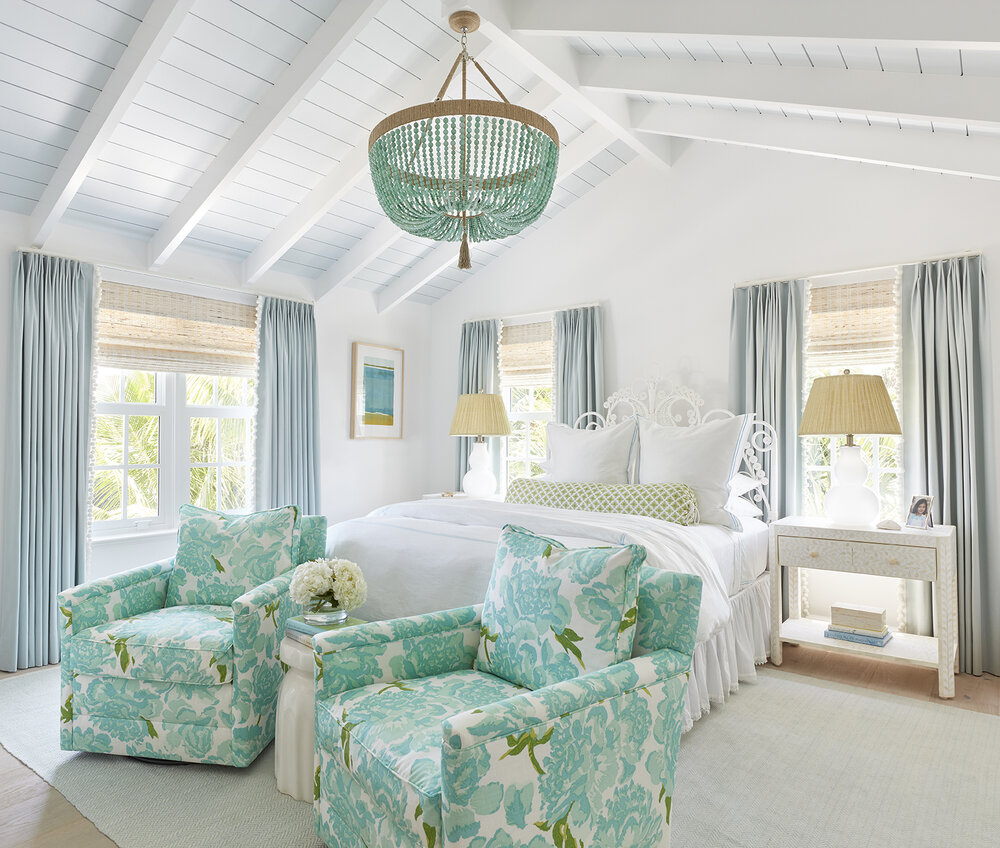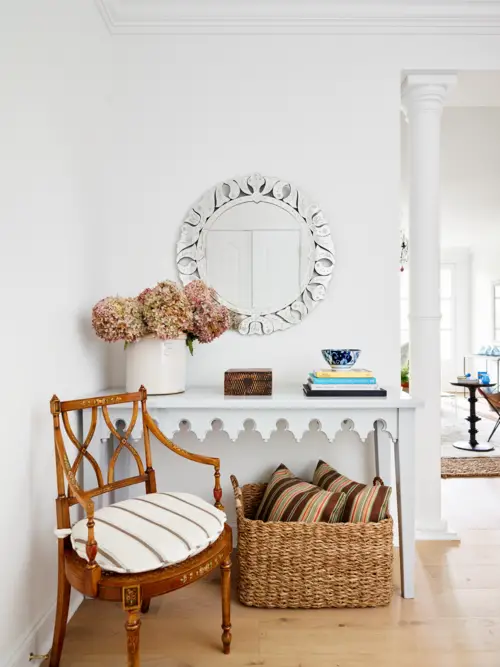To many, decorating small spaces can feel or look like an impossible puzzle. Fitting everything you own and still make the place look good can be difficult. However, just because you have a small space doesn’t mean you cannot show off your style.
Just like large spaces, decorating small spaces requires you to have a good eye. Whether living in a small apartment or choosing a minimalist lifestyle, you shouldn’t sacrifice your style. You need to know what works for your space and what doesn’t. Learning how to come up with clever solutions when required is critical.

Design ideas to make the house look larger while maintaining your style are what you’re looking for. Decorating tiny spaces doesn’t have to be a challenge for you anymore. Below are some tips to help you when decorating your petite dwelling.
Furniture
When looking for small space furniture, the key is getting something that can transform into something else. Folding furniture is a great way to free up floor space. Consider using flat track hardware for your door. Sliding doors are a great way to make the room beautiful and spacious at the same time.
If you’re looking to buy a table, consider getting an expanding table. Sometimes all you need is extra storage space. A simple expanding shelve can work magic. Furniture with storage space allows you to achieve a more open floor plan.
Lighting
When living in a small space, you want to have more than one source of light. Small rooms tend to look darker, and in this case, darkness is your enemy. Therefore, ensure you illuminate the whole space by adequately distributing the light sources.
Luxurious chandeliers might be tempting, but you don’t have enough room for them. Instead, opt for slender pendants if you want some lighting hugging in your room. Remember to light the inside of your wardrobes and shelves. Although investing in lamps is essential, nothing makes your space look larger than natural light.

Don’t let small windows be the reason for you not to maximize the natural light. Clearing the space around the windows helps. Mirrors are a great way to give an illusion of a bigger space. When combined with lighting, natural or lamplight, they can work miracles. They reflect light, giving an illusion of more sources of light.
Color
The color white is perfect for brightening up a room. It reflects light all around the room as well as brightening up dark corners. The idea that small spaces should only be painted in white is outdated. Although it’s supposed to make a room look bright, it can do the opposite.
White is an attractive choice, but it works best as a trim color. Try silvery gray paint framed with white to add elegance and light. Due to simplicity, neutral paint colors can make small spaces look spacious. However, don’t assume that all neutral colors will work for your room. Sometimes they will make it look way smaller and darker.
The trick is to go for warm neutral colors. You don’t want to choose a color only because it makes a room look bigger. Instead, it should also make the room look pleasing to the eye. Every square inch matters when painting a room. Remember, wrong color paints tend to stand out.

Red is a gorgeous color. However, when decorating small spaces, most red paint colors are wrong. If you have to use red, try using tone-down colors like rust. Avoid using color just because it’s trendy at the moment. Instead, ensure you use a color you can live with.
Flooring
Selecting the best floor for small spaces can be challenging. If you have a small space, you probably have tried different choices to make the floor inviting. Luckily, it doesn’t have to be so hard. Although dark flooring works in many areas, it’s not ideal for small spaces.
Combined with dark walls and furniture, it makes the room look smaller. Create continuity by using lighter colors from the flooring to furnishing. The color and pattern of your carpet are essential things to consider. Consistency and avoiding busy patterns help amplify your space. Thanks to barndoorhardware.com for consulting.

Leave a Reply